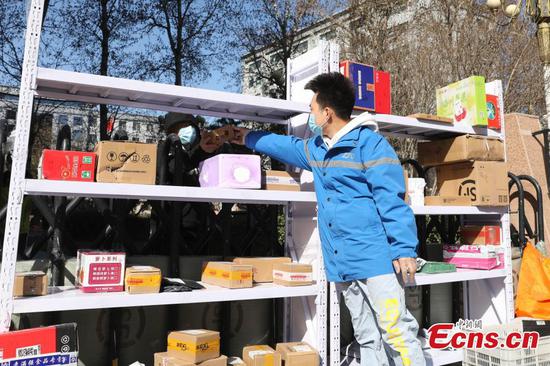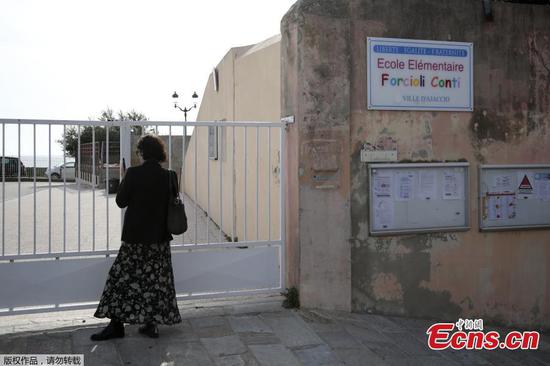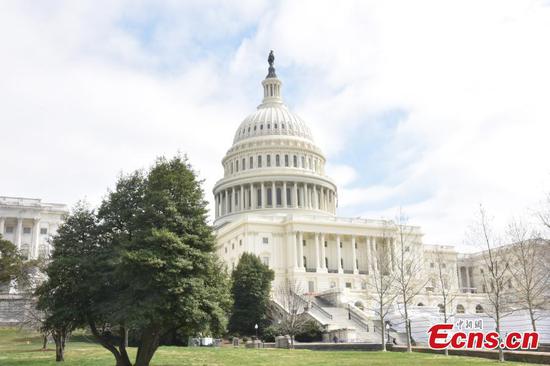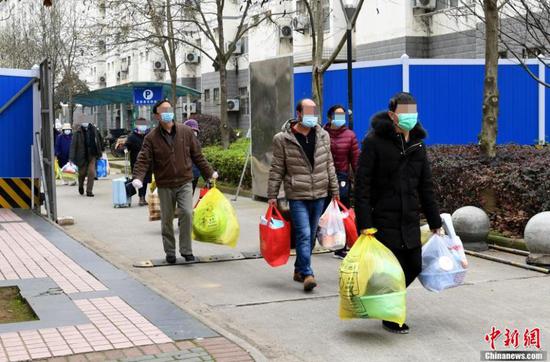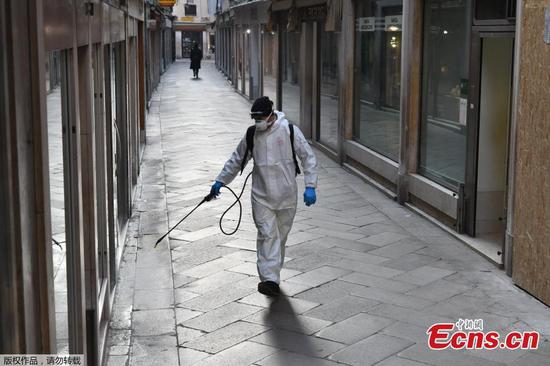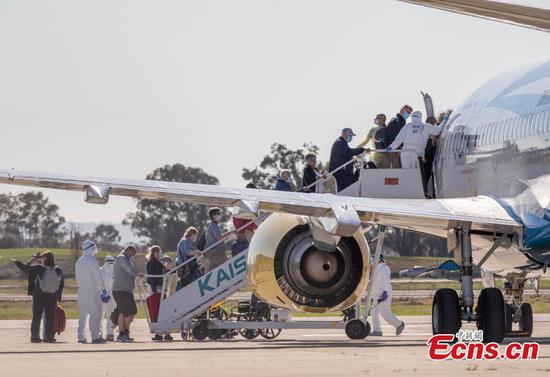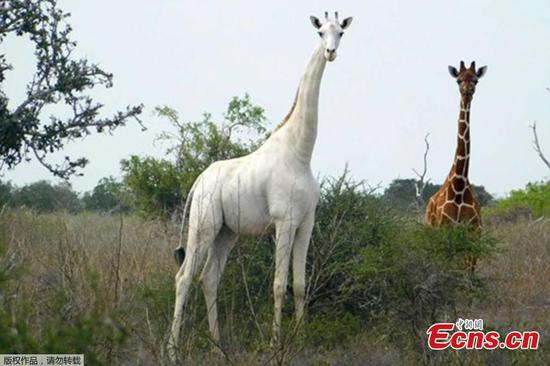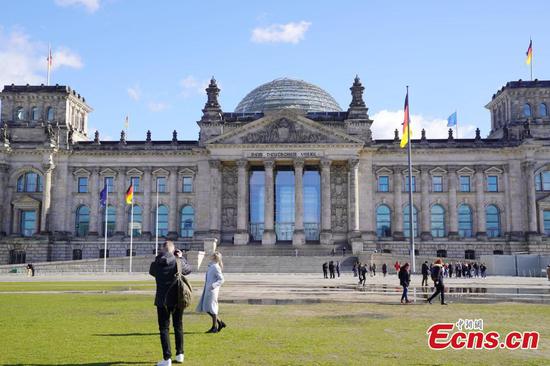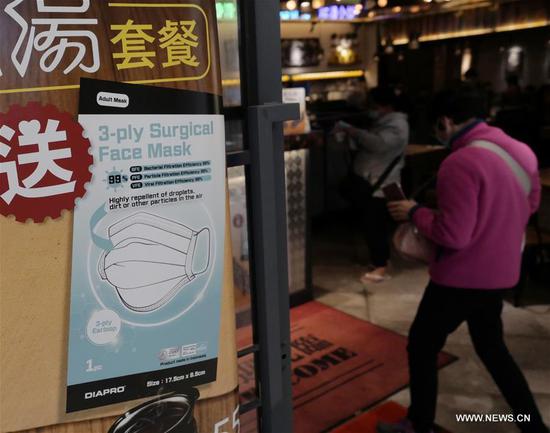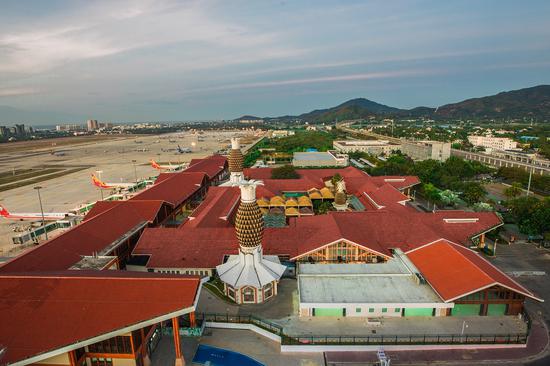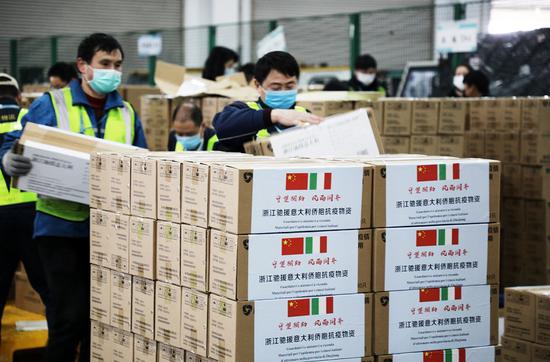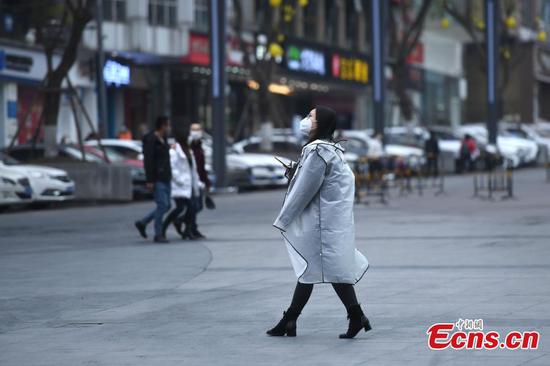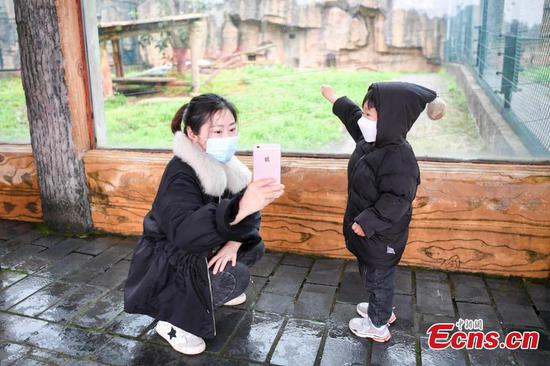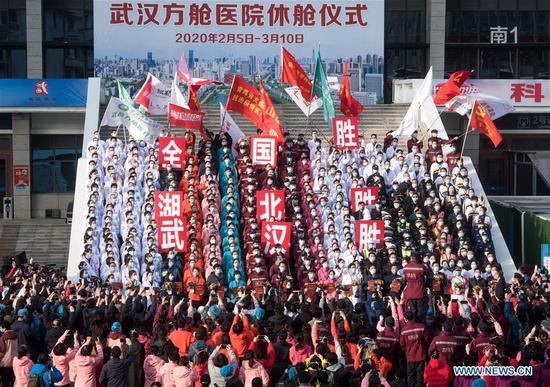The gap between rich and poor in the United States hit a 50-year high in 2018 as the Gini Index of the country grew to 0.485, according to a report issued by the State Council Information Office Friday.
Citing various media reports and public records, the Record of Human Rights Violations in the United States in 2019 said the increasing consolidation of wealth in the hands of a few has gone beyond what many Americans deem to be justified or morally acceptable.
In 2018, the richest 10 percent held 70 percent of total household wealth. The bottom 50 percent saw essentially zero net gains in wealth over the past 30 years, driving their already meager share of total wealth down to just 1 percent from 4 percent, who are literally getting crushed by the weight of rising inequalities, according to the document.
The basic trend of widening income gap in the United States is casting negative influences on the enjoyment and realization of human rights, said the report.
It pointed out that the main reason for this trend is structural, which is determined by the political system of the United States and the capital interests, adding that the U.S. government not only lacks the political will to eliminate these structural causes, but also continuously introduces policies and measures to strengthen them.
In the United States, "the persistence of extreme poverty is a political choice made by those in power," said the report, citing Philip G. Alston, United Nation special rapporteur on extreme poverty and human rights.
While some 39.7 million people living in poverty in 2018, the U.S. Congress has refused to raise the federal minimum wage of 7.25 U.S. dollars per hour for a decade.
In the meantime, the health gap between the United States and countries with the same level of development continues to widen, as 13.7 percent of U.S. adults were uninsured at the end of 2018, up from 10.9 percent at the end of 2016, said the report.













